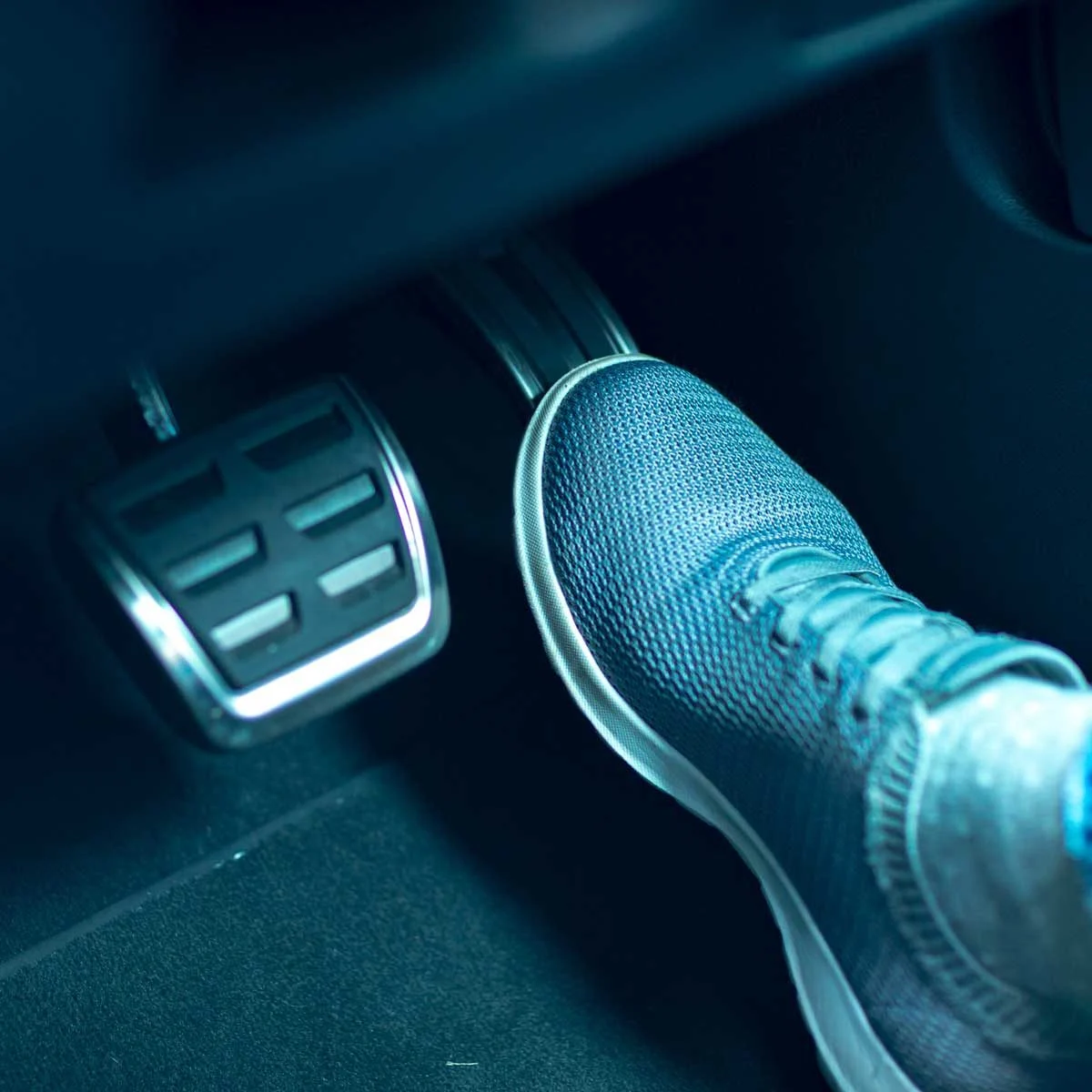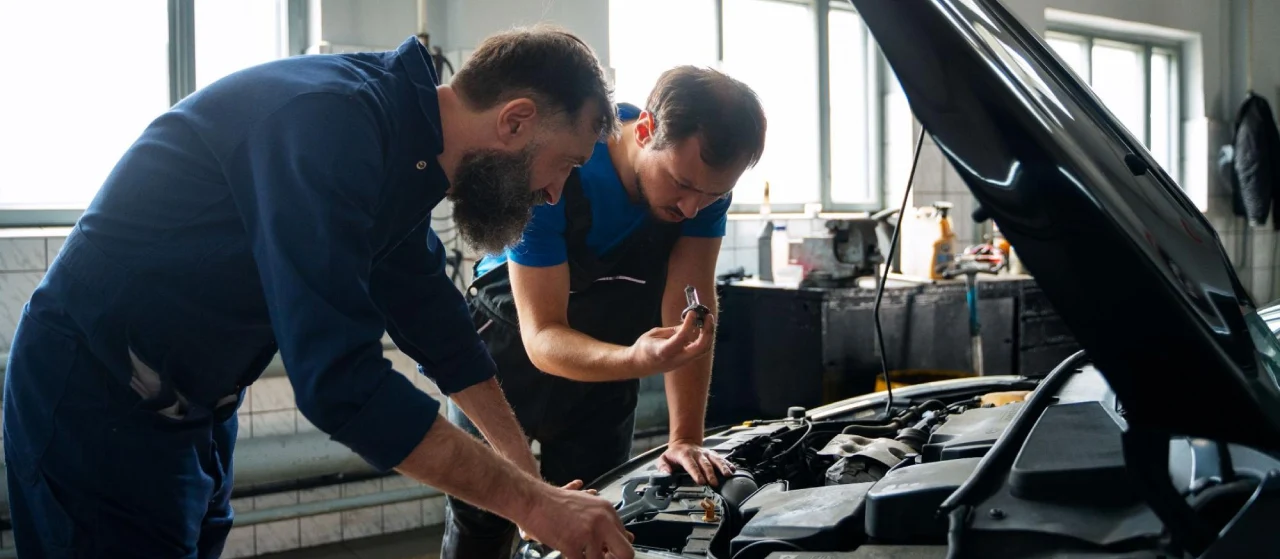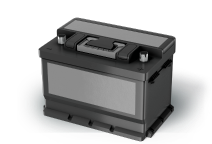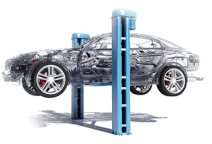Experiencing a car that struggles to accelerate can be frustrating and concerning. Whether you drive an older model or a brand-new vehicle, power loss during acceleration can happen to anyone. Fortunately, there are several steps you can take to diagnose and address this issue. In this blog, we'll explore what to do if your car is struggling to accelerate, helping you get back on the road with confidence.
- Check for Warning Lights
One of the first steps when your car experiences acceleration problems is to check your dashboard for warning lights. Sometimes, the Check Engine Light or other warning indicators can provide valuable clues about the issue. If you see any illuminated warning lights, consider having your vehicle's diagnostic trouble codes (DTCs) read using an OBD-II scanner. These codes can point you in the right direction for identifying the problem.
- Inspect Your Fuel System
Fuel delivery problems are a common cause of power loss during acceleration. Begin by checking your fuel gauge to ensure you have an adequate amount of fuel in your tank. If that's not the issue, consider the following:
a. Fuel Filter: A clogged fuel filter can restrict the flow of fuel to your engine. Replacing it, if necessary, can help restore power.
b. Fuel Injectors: Dirty or clogged fuel injectors can disrupt the fuel-air mixture. Consider using a fuel system cleaner or consult a mechanic to clean or replace the injectors.
c. Fuel Pump: A faulty fuel pump can lead to insufficient fuel pressure. If your fuel pump is the culprit, it will likely need replacement.
- Inspect the Air Intake System
A clogged or blocked air intake system can limit the amount of air entering the engine, affecting its performance. Check the air filter and the mass airflow sensor. A dirty air filter should be replaced, while the mass airflow sensor can be cleaned or replaced if malfunctioning.
- Examine the Ignition System
The ignition system plays a crucial role in delivering sparks to ignite the fuel-air mixture in your engine. Faulty spark plugs, ignition coils, or a malfunctioning ignition control module can lead to misfires and power loss. Regularly inspect and replace spark plugs, ignition components, and other related parts as needed.
- Monitor Transmission Health
If you drive an automatic transmission, pay attention to how your car shifts. Slipping gears or a malfunctioning torque converter can result in poor acceleration. Manual transmission drivers should ensure the clutch is in good condition. Regular transmission maintenance and fluid changes are key to avoiding these issues.
- Address Engine Sensor and Control Module Problems
Your car relies on various sensors and the engine control module (ECM) to optimize performance. Malfunctioning sensors can provide incorrect data to the ECM, causing it to make incorrect adjustments, leading to power loss. Regular diagnostic checks and sensor replacements are essential for smooth performance.
- Consult a Professional Mechanic
If you've followed the steps mentioned above and your car still struggles to accelerate, it's time to consult a professional mechanic. They have the expertise, tools, and experience to diagnose and repair complex issues. Delaying this step can lead to more significant problems and costly repairs down the road.
Experiencing a car that struggles to accelerate can be a stressful situation, but don't panic. By following the steps outlined in this blog and regularly maintaining your vehicle, you can address many common issues and maintain your car's performance. Remember, when in doubt, consult a trusted mechanic who can provide professional guidance and ensure your car is safe and efficient on the road. With the right care and attention, you'll soon be back to enjoying smooth and powerful acceleration in your vehicle.

























